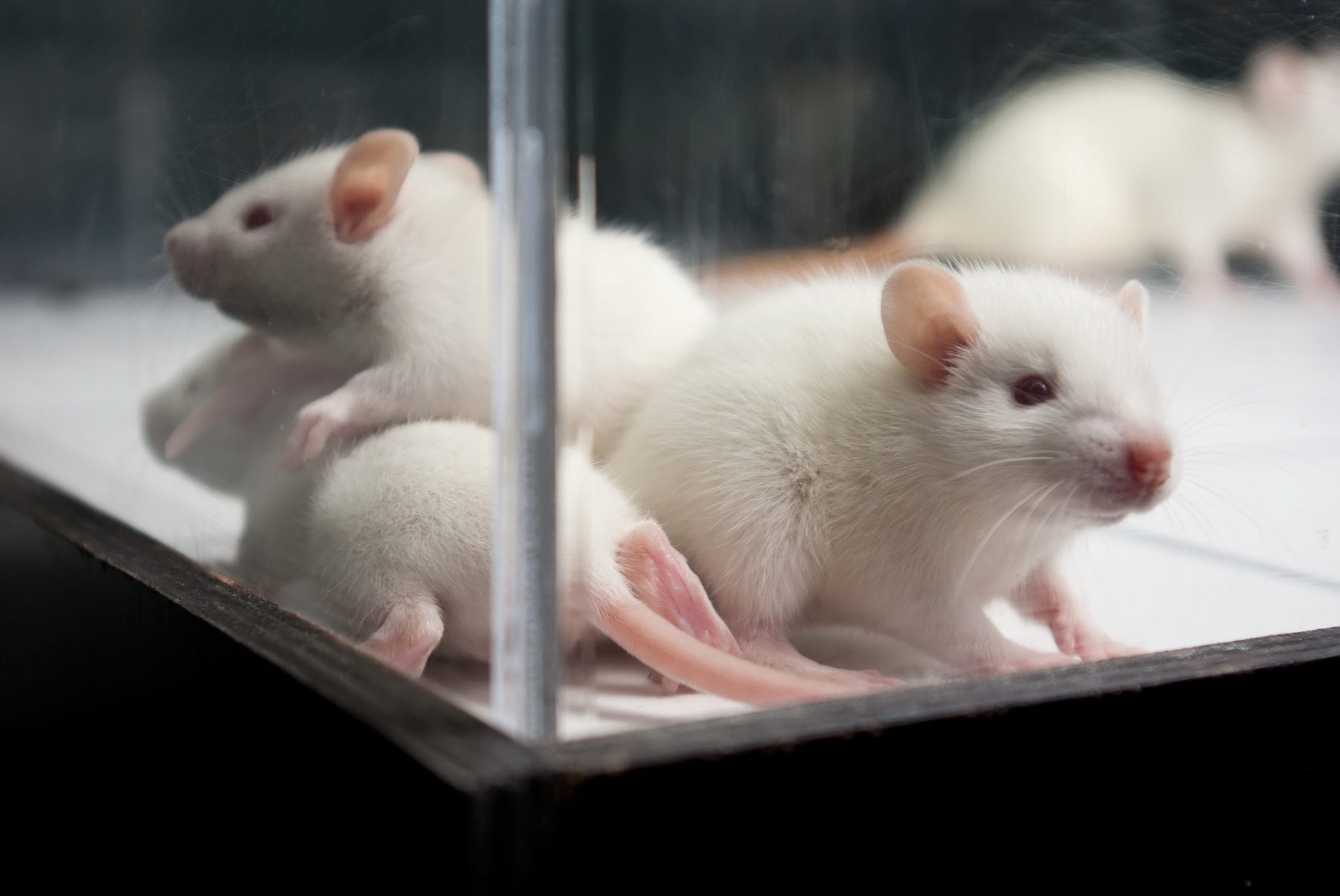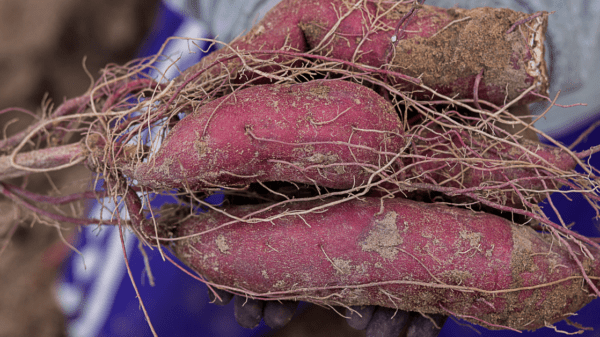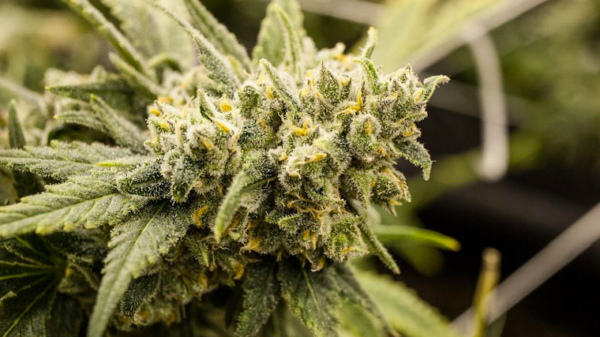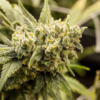A new study will look at one of the most controversial topics in cannabis: Can smoking weed while pregnant harm an unborn child?
Looking for ways to improve quality of life while carrying a child has led some mothers to use cannabis while pregnant. Weed treated their crippling nausea, vastly improved their mood and their now-born child is perfectly healthy, they say.
But many medical professionals strongly warn against this practice, saying they put their offspring at risk for issues like low birth weight, Type 2 diabetes and brain development issues.
Previous studies have involved injecting rats with cannabinoids, but new planned research at the University of Saskatchewan will be the first to study specifically how smoking affects brain development in-utero.
Read more: Pregnant women who use cannabis daily put their babies at risk: study
USask pharmacologist Robert Laprairie will use a $100,000 Brain Canada research grant to fund the study, according to a statement Monday. Laprairie is a member of the USask-led Cannabinoid Research Initiative of Saskatchewan, an interdisciplinary research team exploring the application of cannabinoids and cannabis derivatives to humans and animals.
While some people believe cannabis can help reduce nausea during pregnancy, Laprairie says, “There’s a general misconception among the public that because it’s natural, it’s safe. But it’s a drug just like any other drug.”
Laprairie and his team will test the hypothesis that chronic exposure to cannabis with high THC content will significantly increase in anxiety, while significant decreasing both cognition and sociability.
“We think we’re going to see a profound impact on how anxious the animals are, and how well they learn and adapt,” Laprairie said in the statement.
Limited data available from human studies show that babies exposed in utero to cannabis smoke weigh less and have shorter feet, the statement reads. Studies involving rats have found injected cannabinoids lead to increased anxiety, learning deficits and metabolic changes in pups. However, injected cannabis differs significantly from smoked whole-plant weed, which contains other psychoactive ingredients beyond THC.
Read more: Using THC while pregnant could put your daughter at risk for type 2 diabetes: study
Researchers will use a special inhalation chamber to deliver high-THC and high-CBD smoke to pregnant rats for 21 days. Following the birth of the pups, the researchers will track their growth, weight, and metabolic outcomes like how much fat they have. Once the pups are old enough, the researchers will start monitoring them for anxiety-like behaviour, learning and memory tasks, and eventually predisposition to substance-use disorders.
Rats are used because of their physiological similarities to humans. Research earlier this year showed rats have a similar affinity to THC.
Read more: Stoner rat study first to closely mimic THC affinity in humans

Image from the “Vaporized Cannabis Extracts Have Reinforcing Properties and Support Conditioned Drug-Seeking Behavior in Rats” study manuscript, courtesy of Ryan McLaughlin
“Their brains go through many of the same developmental processes, and their metabolism of the drug and how their bodies physically respond to the drug are on the order of 95 per cent homologous with our human endocannabinoid system,” Laprairie said.
The 2016 National Survey on Drug Use and Health in the United States found that 4.9 per cent of pregnant women aged 15 to 44 years reported past-month cannabis use. While no directly comparable figures are available for Canada, 2016 Statistics Canada figures showed that nearly 17 per cent of women of child-bearing age reported using cannabis in the previous year.
The research team hopes to have manuscripts ready in summer 2021 to submit to scientific journals.
“What we as a team are hoping for is that individuals, policymakers, Health Canada, and health regions will take note of the data we’ve published and integrate it into their policy to recognize and caution people about avoiding cannabis during pregnancy,” Laprairie says.
Top image public domain
nick@mugglehead.com
@nick_laba














